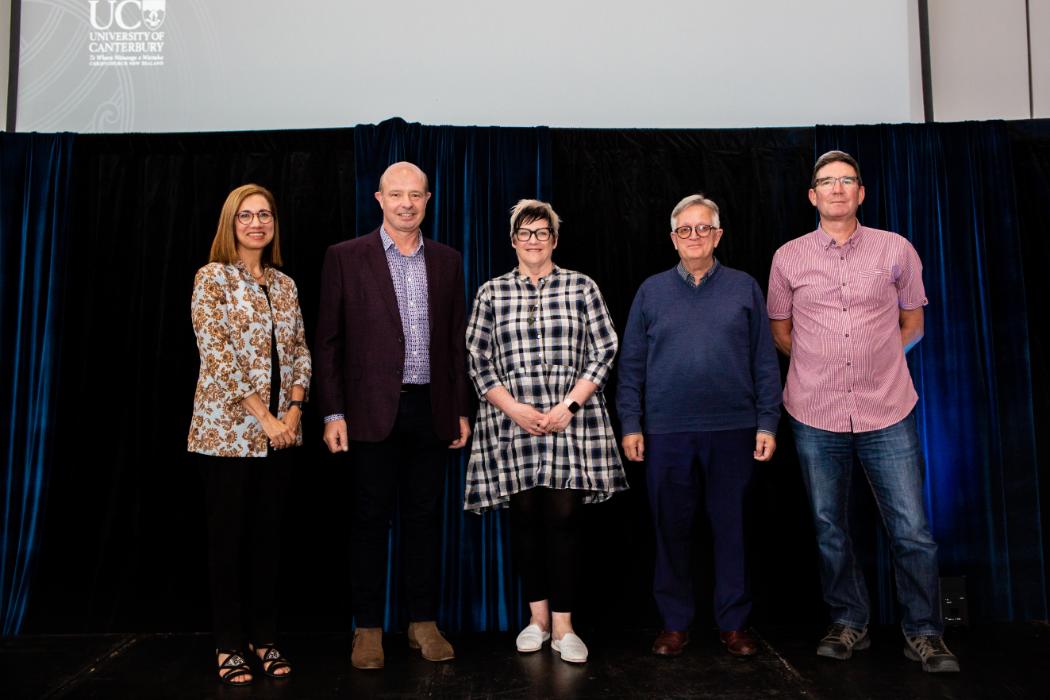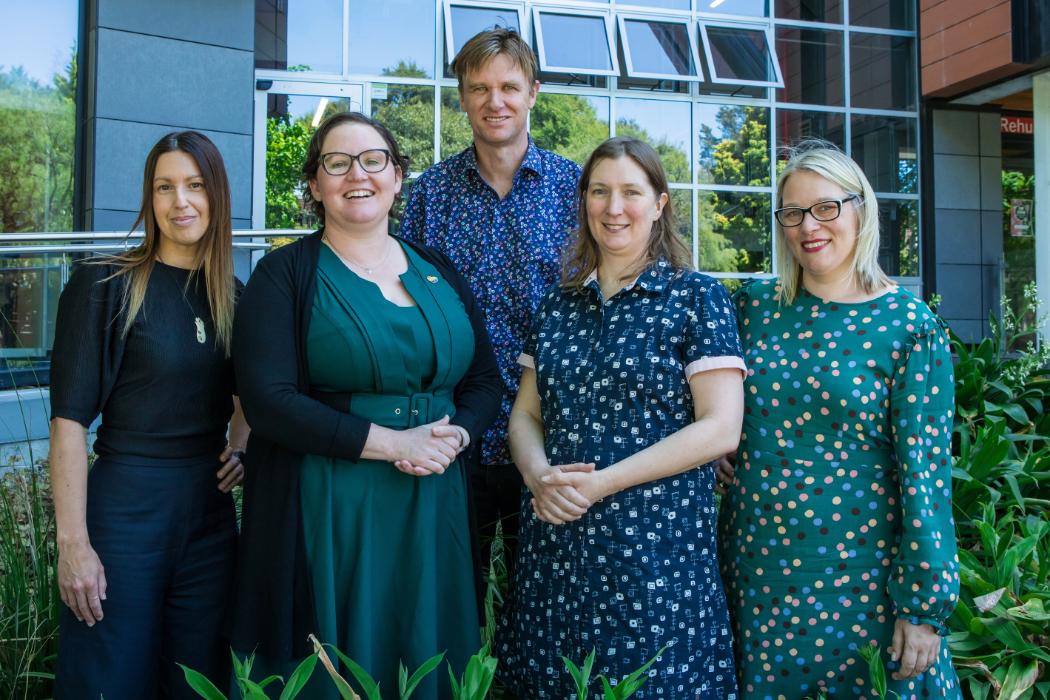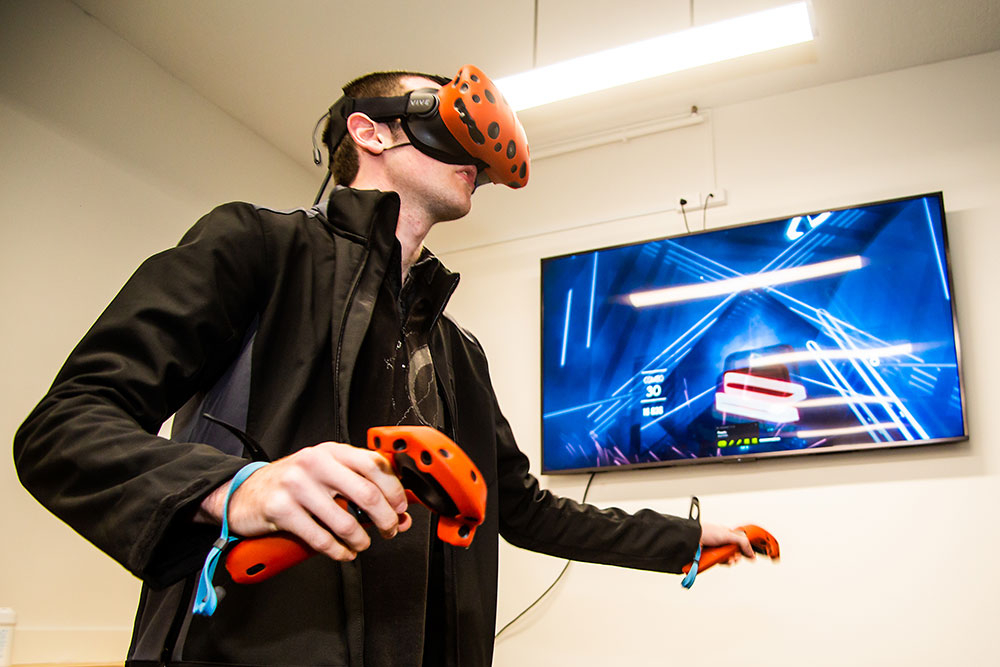Along with many in game development, I'm concerned about the inevitable increase in New Zealand's 'brain drain' as future leaders of our industry depart for more valuable opportunities.
Having taught in New York, Washington DC and now at the University of Canterbury in Christchurch, I know the effort from colleges and universities worldwide to educate the next generation of talent in the digital games industry.
One of the innovative programmes I founded is consistently ranked in the top 10 in the world and has produced graduates who now work in major international studios, including Microsoft, Electronic Arts (EA), Ubisoft, Bungie and Sony.
These students have great jobs, high salaries, and contribute broadly to the economy of their respective regions, but most went to California after graduation, because that's where the jobs were. California, like Australia, had a tax-incentive structure that encouraged game studios to relocate, and New York, like New Zealand, did not.
So what changed? The New York State governement worked with universities to establish public-private partnerships between the education and commercial sectors. The Rochester Institute of Technology (RIT)'s MAGIC Centre and MAGIC Spell Studios was founded as a result of this action, allowing us to co-locate commercial activity and education, offer work-integrated learning opportunities from day one, and ensure students graduated with the skills and resources they needed to work in these industries.
This model has been adapted for UC's new Digital Screen Campus.
But, for UC to successfully deliver co-location with game development companies, they need to be based on our New Zealand campus. If New Zealand loses its local games industry, the future for our aspiring developers will be severely affected.
I cannot stress enough the impact games programmes have had on higher education during my 25 years in the field.
When I started, there were five or six universities in North America that had experimental courses. Now, the US boasts more than 380 colleges with games curricula, many with specialised programmes, research centres, and academic departments.
Closer to home, qualifications are being rapidly developed up and down New Zealand, with more than 30 game development courses available at a tertiary level, including those available at UC.
The trends are clear: games programmes encourage growth not just in games, but broadly across the study of Science, Technology, Engineering, Arts and Mathematics. It's a field many young people are drawn to, with the technical, artistic, and production training useful in a variety of fields. Some of my former students have gone on to work with Boeing on their flight simulators, another plans underwater missions for National Geographic, and one even works for Nasa as a rocket scientist.
While many of us tend to think of video games as something our kids play, something fun at an arcade or maybe even a timewaster on our phone, digital games are a worldwide business valued at nearly US$200b in 2021, and projected to grow by 12.9 percent over the next decade. That's larger than movies and North American sports combined.
New Zealand has the opportunity, skills and talent to sustain an international games industry and there should be a concerted effort to ensure we can make this billion-dollar future a reality. Now is not the time for playing waiting games with our digital future.
Professor Andy Phelps is Programme Director of the University of Canterbury's Digital Screen Campus, a Professor at UC's Human Interface Technology Laboratory (HIT Lab NZ), the Film and Media Arts division at American University and Director of the AU Games Centre. He has been President of the Higher Education Video Game Alliance since 2017.
This article was original published to Newsroom on 5 August 2022.











